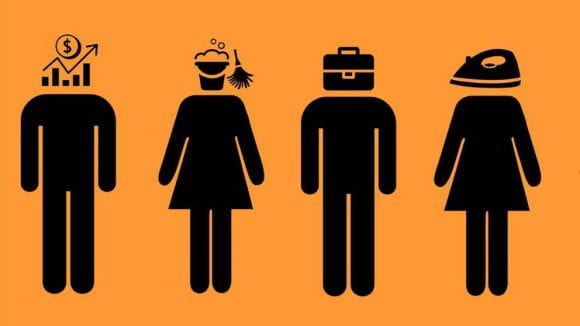When we hear the term macho, many of us think of a macho man. The term Macho is defined as having or characterized by qualities considered manly, especially when manifested in an assertive, self-conscious, or dominating way; Having a strong or exaggerated sense of power or the right to dominate. Every day in Mexico and all over Latin America, women have to put up with lascivious comments or other forms of street harassment. Catcalling is a universal issue and countries like my own still joke about how to distinguish compliments and harassment. (Ortiz, 2018)
I was born in the U.S and spent all my childhood and part of my early adulthood living in Mexico. I know that the macho culture in Mexico is still very alive today. Women aren’t safe from all harassment they encounter on the streets for simply being a woman. I have been a victim of this many times, and I guess you could call it normal. I even had a man grab my behind and squeezed it like it was a fluffy pillow or something. Many women experience this daily.
The sad truth is that the culture of machismo in Mexico harms women. Everyday femicide is disappearing the women of Mexico. Less than a week ago, the lifeless body of Fatima, a seven-year-old, was found inside a plastic bag with signs of sexual assault. Just a couple days earlier, Ingrid Escamilla, 25, was stabbed to death by the man she lived with, who then skinned and disemboweled her mutilated body in an attempt to hide the evidence. Before Fatima and Ingrid, many other innocent women had been found raped and brutally murdered. Their only crime was being born female in a sexist country.
Mexico still practices sexism and machismo up to this day. Women are supposed to stay home and take care of the family. Women are taught how to cook and clean. Women are also told they are whores and prostitutes for dressing up nicely or when going out. Daughters are supposed to help mothers set the table and serve the boys. In all honesty, many of us grew up knowing by nature that men are known to be superior to women. This is when the culture of machismo or sexism occurs. Although, in the United States of America, while sexism and femicide exist, it is not as persistent as in other countries. Here we are more open and more tolerant towards the opposite sex, in my opinion.
I believe that it all starts at home by building the character of our children. Teaching our children, who are the future, the values and morals. We have to tell our children that boys and girls are capable of anything and that no other sex is weaker than the other.
To all the innocent women who lost their lives because they were out partying with their friends, because they had a dress or skirt, because they looked pretty, because they liked to drink, because they were out late, because they took a taxi to get home “safely” because they were walking home from school. Because at the end of the day, it was their fault they were raped, murdered, and mutilated. The men who committed these atrocities thought at the time, and probably still think, that it was the girl’s fault. These same men who grew up with a machista mentality, believe that women are just a piece of meat.
Ortiz, V. L. (2018, December 31). The Culture of Machismo in Mexico Harms Women. Retrieved February 20, 2020, from https://merionwest.com/2018/01/28/the-culture-of-machismo-in-mexico-harms-women/
Macho. (n.d.). Retrieved February 20, 2020, from https://www.dictionary.com/browse/macho
Picheta, R., & Gallón, N. (2020, February 14). Newspaper publishes photos of brutally murdered woman, sparking outrage in Mexico. Retrieved February 20, 2020, from https://edition.cnn.com/2020/02/13/americas/ingrid-escamilla-mexico-murder-case-scli-intl/index.html



